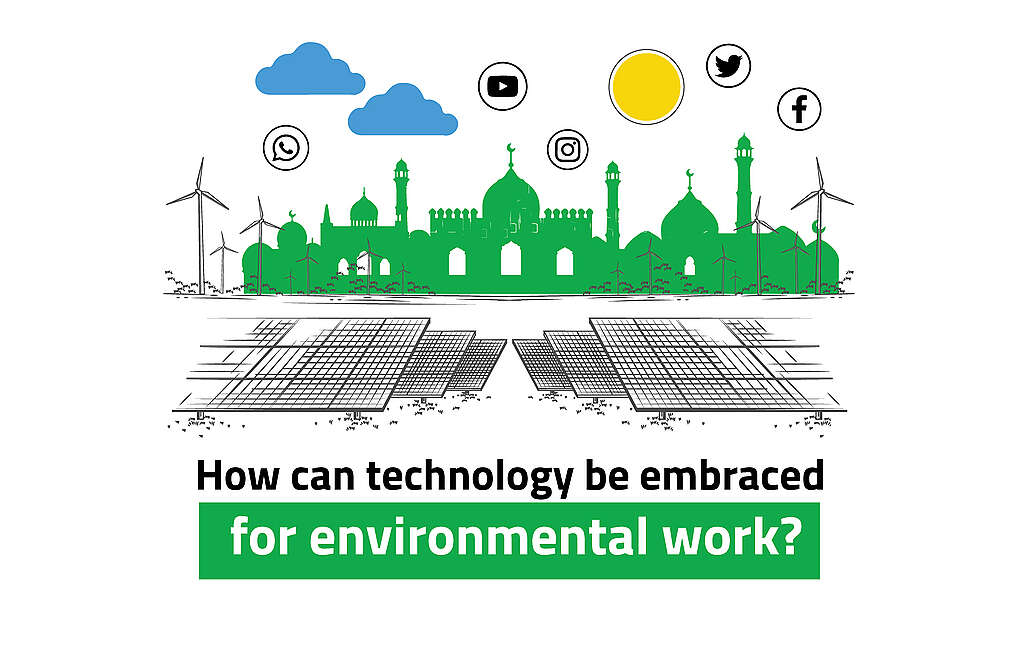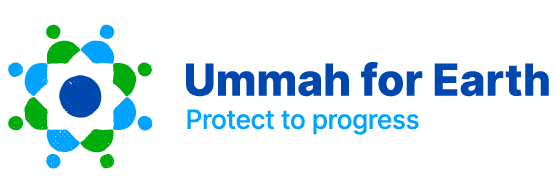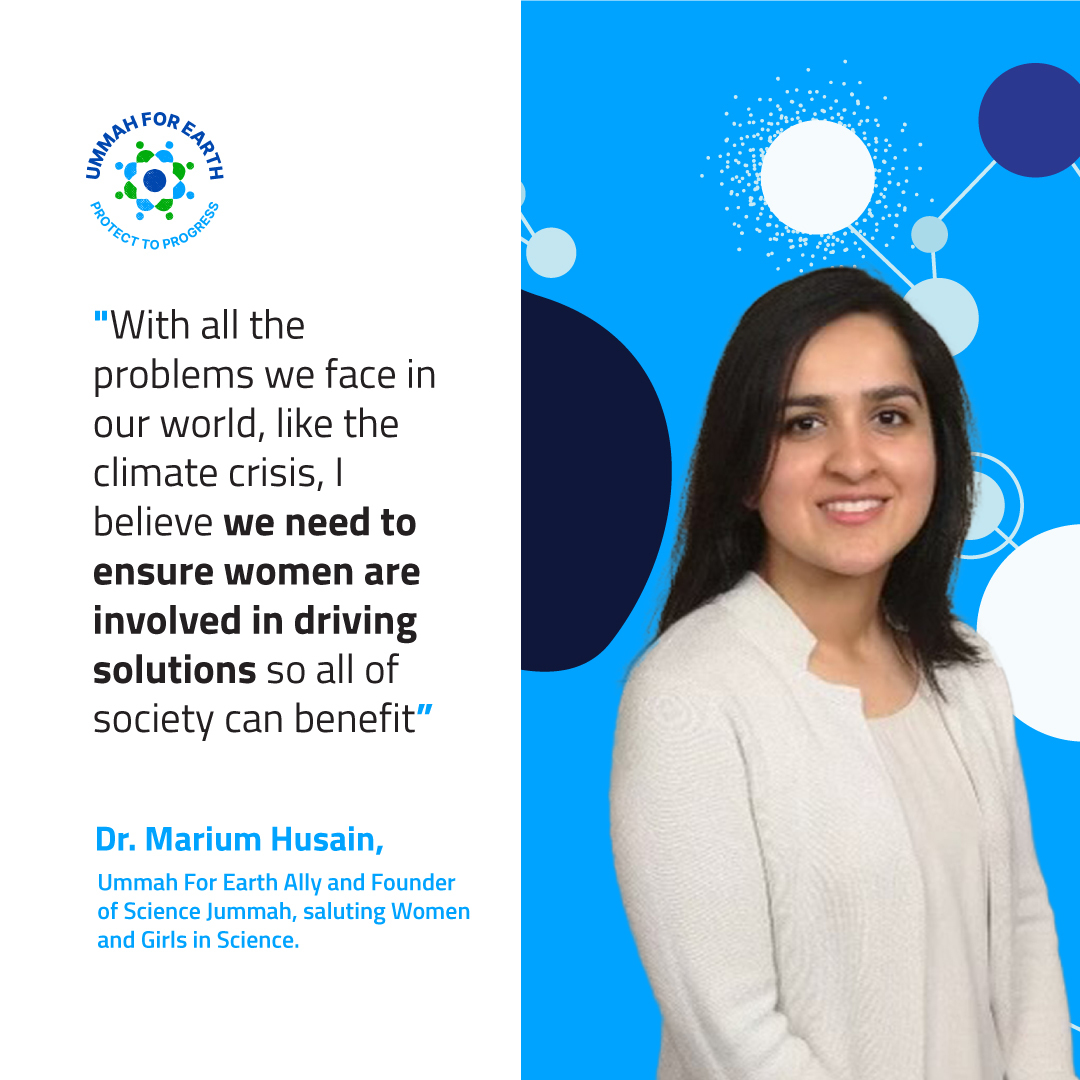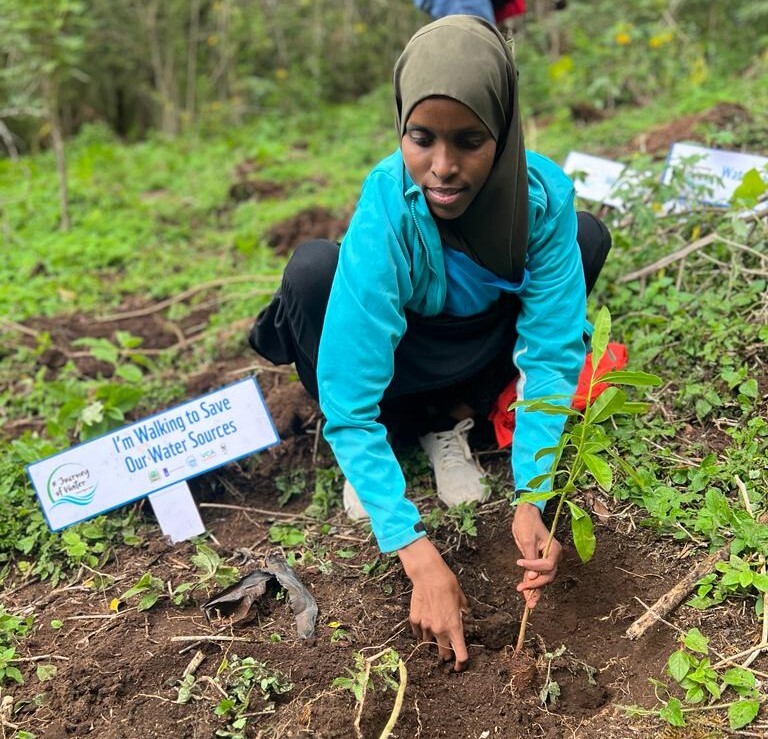
Nowadays, technology is emerging fastly as a blessing for our planet. Digital communication has revolutionized the way we connect, educate, and mobilize people around the world, providing unparalleled opportunities for environmental work.
Muslims, like people of all faiths, have a vital role to play in using technology in a way that can serve as a powerful tool to support environmental efforts and mobilize communities towards sustainable practices.
Here are some ways Muslims can work for climate with the help of technology:
- Environmental Awareness Campaigns: Use social media platforms and digital communication channels to raise awareness about climate change and its impact on vulnerable communities. Share, tweet, retweet, comment information, infographics, and videos to educate others about the importance of environmental conservation from an Islamic perspective. For example, Islamic finance in environmental projects can be promoted through these tools.
- Green Mosque Initiatives: Leverage technology to implement eco-friendly practices in mosques. Install energy-efficient lighting, use renewable energy sources, and monitor energy consumption through smart devices. Create apps or websites to encourage mosque attendees to adopt sustainable habits in their daily lives.
- Digital Sermons and Khutbahs: Imams and religious leaders can incorporate climate and environmental messages into their sermons and khutbahs. Utilize digital platforms to reach a broader audience and inspire positive action towards a greener lifestyle by recording the sermons and disseminating them via Social Media for example.
- Online Environmental Workshops: Organize virtual workshops and webinars focusing on climate change and sustainable living in line with Islamic teachings. Invite experts in environmental studies and Islamic scholars to discuss the ethical responsibility of protecting the planet.
- Crowdfunding for Green Projects: Use crowdfunding platforms to raise funds for environmentally conscious initiatives. Support projects that focus on renewable energy, reforestation, waste reduction, and sustainable agriculture.
- Eco-Friendly Online Marketplaces: Encourage and support businesses that offer eco-friendly products and services through online marketplaces. Promote the concept of ethical consumerism and encourage sustainable choices.
- Sustainable Iftar, Eid and Hajj Celebrations: Share tips and ideas through social media and blogs on how Muslims can celebrate Ramadan, Hajj and Eid in an environmentally responsible manner, reducing food waste and single-use plastics.
By harnessing the power of technology, Muslims can collaborate with people of diverse backgrounds and faiths to protect the environment and address the climate crisis. Through collective efforts and informed action, the Muslim community can play a significant role in building a sustainable and resilient future for all.



